STRONG STAR-Strong Families: Helping Military Families Heal from PTSD
According to the VA, “when you serve in the military, you may be exposed to different traumatic events than civilians.” Many of those life-changing experiences can result in PTSD. Again, according to the VA, lifetime PTSD estimates for post-9/11 veterans are as high as 20% and 29%.
STRONG STAR, based out of the University of Texas Health Science Center at San Antonio, knows that PTSD can result from stressful military transitions and the aftermath of combat trauma.
STRONG STAR’s Strong Families Strong Forces Support & Prevention Program helps military and veteran families strictly in the Fort Cavazos, Texas area. The program helps families navigate military-related transition or separation or service-related trauma. Funding for this program is made possible thanks to Craig Newmark philanthropies. Our conversation with STRONG STAR’s Strong Families Program Director Dr. Vanessa Jacoby, and Co-Director Dr. Samantha Marasa, highlights the program’s process and successes.
Expert Therapists and Treatment Tracks
The program’s therapists are trained in evidence-based treatments for PTSD, including Cognitive Processing Therapy (CPT), Prolonged Exposure Therapy (PE), Written Exposure Therapy (WET), Crisis Response Planning (CRP), and Cognitive Behavioral Therapy (CBT) for PTSD. Marasa says that STRONG STAR “strives for excellence in these fields, but also strives to meet the unique needs of the patients and families we serve.” Staff expertise includes community outreach, substance abuse, family and couples therapy, school psychology, social work, early childhood intervention, and mood disorders.
The Strong Families program includes two treatment paths—called tracks—and each has a different focus. Both are free to service members and their families.
Strong Families Prevention Track
The Strong Families Prevention Track provides support during military-related transitions. Jacoby emphasizes that families don’t need to face specific problems to benefit from this track. “[We designed] the program to support military service members and their families to prevent stressful military transitions and the aftermath of trauma.” It serves as a proactive measure, enhancing communication, emotional connection, and effective coparenting.
Trauma-Focused Track
The Trauma-Focused Track takes a gold-standard, evidence-based approach to therapy for military service members, veterans, and spouses. The emphasis is reducing PTSD symptoms, healing from traumatic experiences, and improving family communication and emotional connection. The program offers individual, couple, and family-group treatments and incorporates the latest PTSD research from the STRONG STAR Training Initiative.
Collaborative Impact Results in Expanded Treatments and Facilities
Working with other programs has allowed STRONG STAR to conduct research and add new treatments to their Strong Families program. In 2022, Strong Families added Cognitive Processing Therapy (CPT) for individuals or groups. CPT, a trauma-focused treatment, reduces symptoms of PTSD with multiple traumas. Here, service members and veterans from different service eras and branches expand their support networks receiving trauma-focused treatment.
At first, Strong Families was only able to provide treatment to families on the Fort Cavazos Army base. But after partnering Operation Phantom Support (OPS) in Killeen, Texas, Strong Families can treat families off-installation. Specifically, OPS provides Strong Families access to space outside of the Fort Cavazos army base to serve more military families.
According to Marasa, working with partners to help fund research and PTSD treatment “has made the Strong Families Program possible.” The program provides free psychological services to a growing number of service members and veterans because they have more providers dedicated to their mission.
Moreover, through collaboration, the program can provide services that were previously not possible due to funding restrictions and staffing shortages. Off-post services enable clinics to see more service members and veterans. Collaborating with other military-based organizations expands the program’s reach, allowing more service members and veterans to receive free psychological services.
Who does STRONG STAR-Strong Families Impact?
Jackson (whose name is changed for privacy)—an active-duty service member—witnessed several members of his unit die by suicide. Upon returning home, he became withdrawn and emotionally distant from his wife and two young sons. After seeing a healthcare provider, the provider suspected Jackson’s behavior was symptomatic of PTSD and who referred Jackson to the Strong Families program. The diagnosis surprised Jackson . He thought he was just “being too emotional.” But seeing how his behavior was negatively affecting his family, he thought he should give the program a try.
Strong Families referred Jackson to the Trauma-Focused Track, which helped his initial PTSD symptoms (anger, emotional withdrawal, and avoidance). Jackson then moved to Prolonged Exposure (PE) treatment, which improved his marriage and relationship with his children. He became a role-model for his sons on how to work through, tolerate, accept, and regulate emotions.

Many veterans and active-duty services members, like Jackson, have received treatment to work through their PTSD. These individuals highlight the positive impact on them, their families, and the military community. Through prevention and trauma-focused therapy, STRONG STAR-Strong Families Support & Prevention Program is a lifeline for service members and their families.









